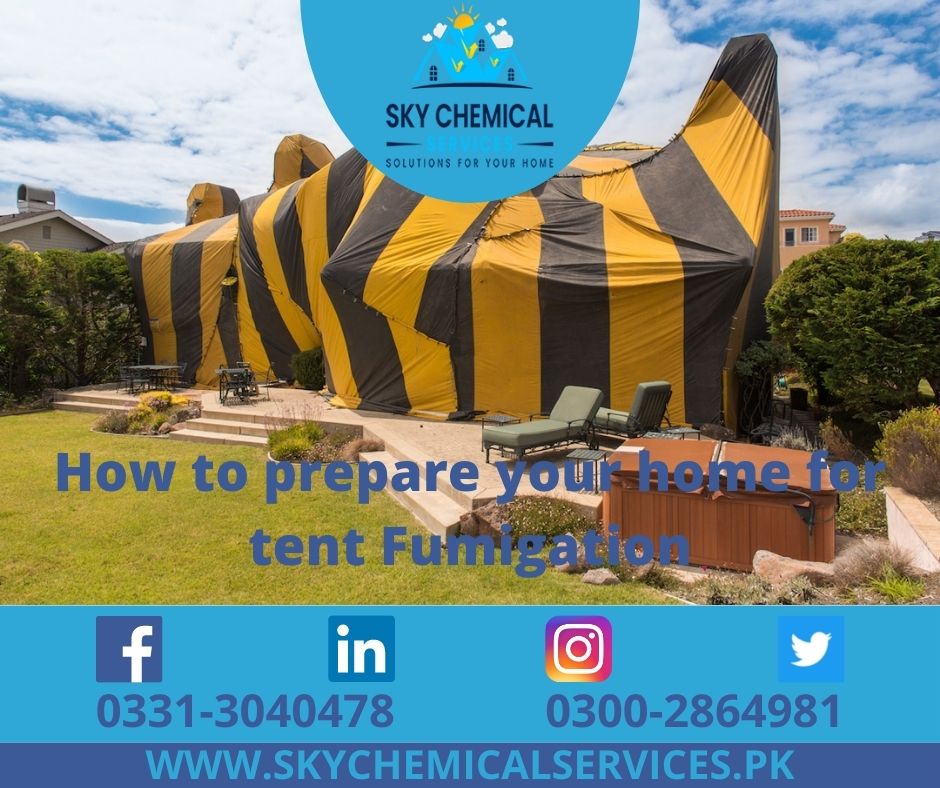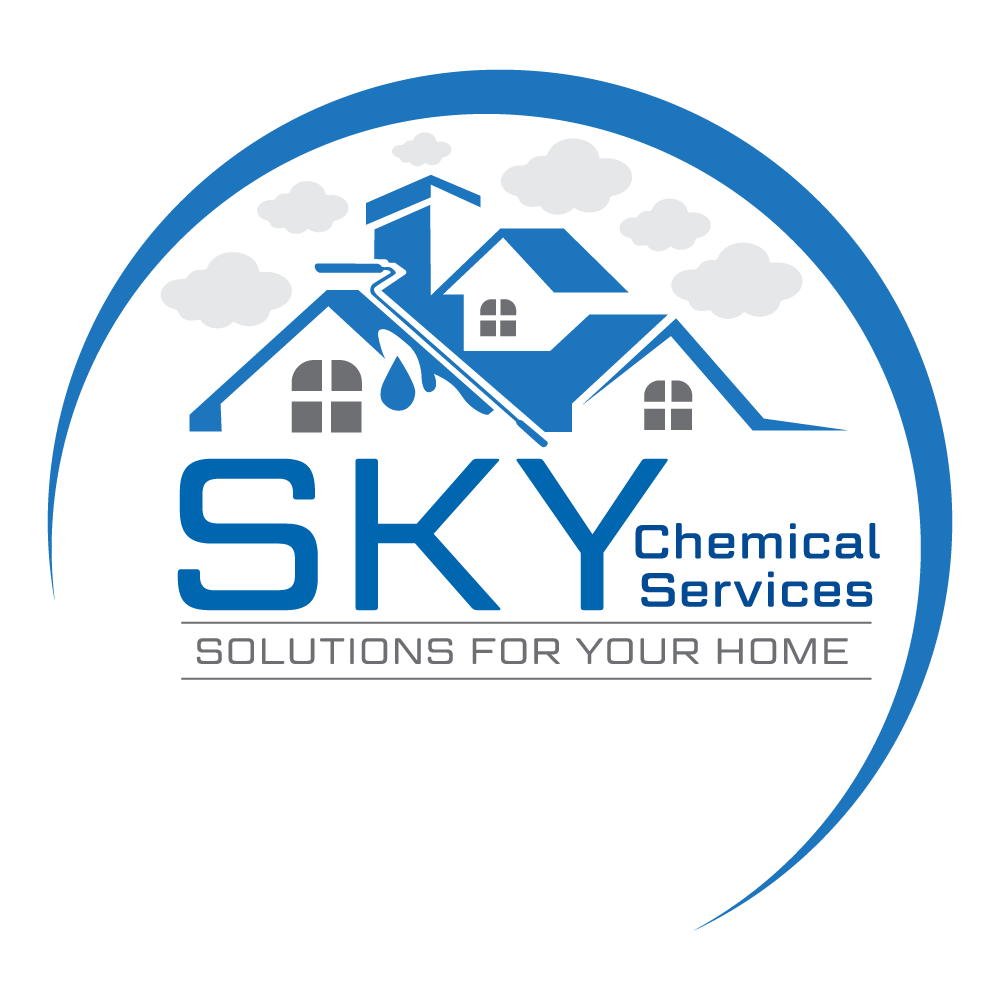
Tent fumigation, also known as tenting is a technique in which pest infestation is controlled through spraying different types of chemicals in the desired structure, whether it’s residential or commercial. This process involves an entire covering of the area, specifically with tarp panels for the gas to spread and exterminate the pests, whether they are cockroaches, termites, or lice.
Before starting off with the process, you will need to make a few preliminary adjustments to the desired area, some of which are keeping food containers away in a safe place; odor-attracting objects and liquids of various kinds to be kept secured too.
The following are some general tips and instructions that you should be aware of:
- All rooms, cabinets, desks, closets, attic hatches, and safes must be unlocked and opened.
- All food should be moved off-site from refrigerators, freezers, pantries, and storage closets.
- Remove all linen from beds, mattresses, sleeping pads, and closets, as well as moving them off-site.
- Raise all blinds and drapes to provide access to the windows.
- Turn off gas flames and pilot lights in fireplaces, as well as water heaters, stoves, furnaces, refrigerators, washers, and dryers.
- All pets, including aquarium fish and caged animals, should be removed.
- All houseplants should be removed.
- Trim outdoor plants to a distance of no more than 12 inches from the building’s façade.
- Other preparations include:
-
Make arrangements for suitable alternative lodging.
During the tenting procedure, stay with friends or relatives or you can go on a short trip with your family while the fumigation team clears your home or office.
-
Bring your pets along
Pets should never be left in or near the house, even if they are outside in the yard. Take them with you or make other arrangements for boarding. Please double-check that there are no pets or wild animals under your home if you reside in a house with a crawl space before leaving. They will not be able to withstand the fumigation.
-
Outdoor plants should be pruned
The fumigation team gives you more specific instructions, but in most situations, you’ll need to cut back the vegetation around the foundation to leave at least two feet of bare dirt. This will allow the tent to be well-sealed to the ground. Most plants under the tent will suffer considerably due to the nature of the gas and the high temperatures under the tarps during treatment.
-
Leave a set of keys to the house
During the fumigation procedure, the exterminator will need access to all areas of your home (including safes and gun cabinets, which will need to be unlocked). Before the fumigation process, consider moving items to a different place.
-
Please inform your neighbors
When the pest control professionals start erecting a tent over your property, it may appear obvious that you’re getting your home “tented.” You can also believe that what happens on your property has nothing to do with your neighbors. Keep in mind, however, that hazardous materials will be used on your premises. Keeping your neighbors informed avoids curious children and pets from wandering onto your property while the operation is underway.
How Long Do I Need to Stay Out of my House After Structural Fumigation?
Fumigation and General Pest Control. What’s the difference?
Commercial Fumigation – All you need to know
How long does a termite tent fumigation last?
Tent fumigation might take anywhere from three days to a week, depending on the nature and severity of the infestation. (Termites are killed after roughly 24 hours of exposure, but the building must be ventilated for 36 hours or more.) Because readmission is not authorized until the gas has entirely dissipated, your fumigator will use special techniques to identify it. Make your hotel arrangements depending on the worst-case scenario provided by Sky Chemicals Services.
What should you do after the fumigation process is completed?
There will be a few things to accomplish when the fumigation is finished.
Air the area to remove any remains of gases inside the premises. For example, Sulfuryl Flouride, also known as Vikane, is odorless, colorless, and leaves no residue, unlike previous goods.
Open all windows and doors to allow fresh air to flow in. To speed things up, use box fans or the HVAC in “fan” mode.
Dead bugs and lizards are likely to be among the first things you see upon entrance. Termites will die in the wood where they live, so you won’t notice them. Wasps and hornets residing in the eaves could also have been hidden out of sight.
Can Fumigation Cause Damage to my Home?
Why Foundation Termite Proofing in Karachi should be availed by professionals?
What is the importance of Termite Spray in Karachi?
Conclusion
Keeping your home or office safe from pests and other living organisms is a great way to reduce food contamination and other related issues. This type of Tent Fumigation is more lasting and penetrates deep in the corners and spaces of your premises and allows for better airflow and cleanliness. Make sure you keep your food items safe before the process starts; this helps to reduce any issues post fumigation.
If you like to know more about our services, visit (https://skychemicalservices.pk/)
